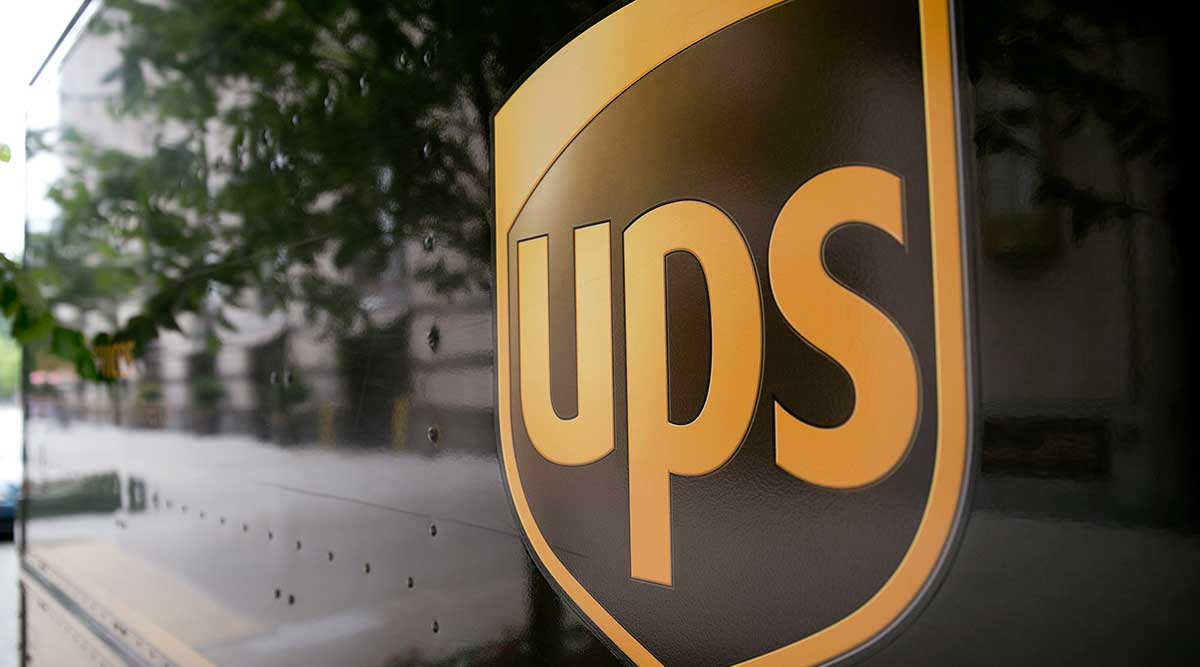UPS Earnings Fall 1.9%, Hurt by Higher Package Costs

UPS Inc. announced 1.9% lower fourth-quarter earnings, excluding one-time charges, of $1.13 billion, or $1.25 per share, that were hurt in both 2014 and the prior year by a miscalculation of peak holiday shipment demand.
UPS, which disclosed the earnings shortfall Jan. 23, posted $15.9 billion in revenue, a 6.1% increase. Profit before interest and taxes, excluding a $670 million pension cost, fell at the U.S. package and international units but improved at the Supply Chain and Freight business.
In its earlier statement, UPS said fourth-quarter 2014 costs rose more than $200 million, as the company nearly doubled hiring but found shipment demand did not keep pace with expectations. In 2013, a lack of capacity led to post-Christmas deliveries that cost $178 million in lost profit before interest and taxes.
“There were cost overruns that will be addressed,” CEO David Abney said on a conference call, citing steps such as reducing overtime and changing package sorting methods. The company also will impose a peak-season surcharge for residential deliveries, Abney said.
U.S. package profit fell 5.3% before interest and taxes despite a 7.5% rise in revenue to $10 billion. International revenue rose 1.6% to $3.43 billion, but profit fell less than 1%, hurt by currency costs.
Strong growth in profit and revenue was reported at less-than-truckload carrier UPS Freight, helping the Supply Chain and Freight business post 7.4% higher revenue of $2.47 billion and profit of $179 million, an increase of 4.7%.
UPS also said its 2015 earnings would be $5.05 per share to $5.30 per share, up 6% to 12% from last year.
Profit in 2013 was $1.17 billion, or $1.25 per share, when UPS had more shares outstanding. Net income in the fourth quarter, including the pension cost, was $453 million, or 49 cents per share. The $1.25 per share for the fourth quarter was 22 cents below the average estimate in place when UPS first announced its earnings expectations last month.
The pension costs involve accounting adjustments based on expected return on investments and aren’t related to the pension bill passed by Congress late in 2014.




